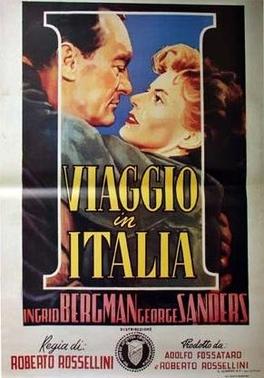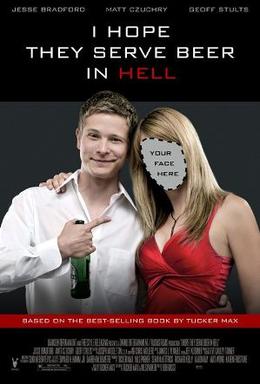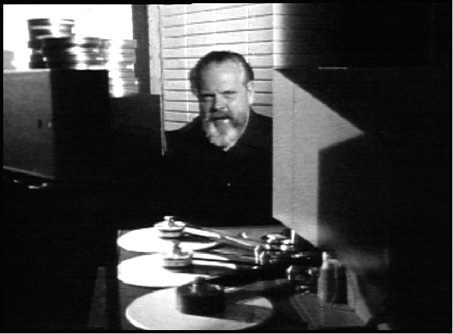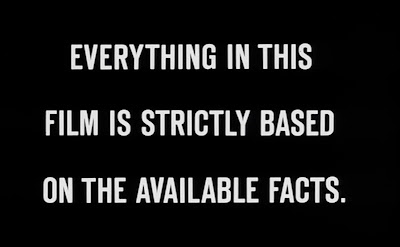
Scarface, 1932
Dir: Howard Hawks (Richard Rosson)
October 29, 2009
"Get outta my way Johnny, I'm gonna spit!"
Considering that the re-make of this has become a cliche, and for all intents and purposes, is really not that good, I wasn't really sure what to expect from this. Let me say this: it blows the bejesus out of the remake. Now, it's not a perfect film, but considering the time period, it is seriously violent, and a clear "master-in-training" piece from a true stylist, Howard Hawks.
A thinly veiled take on Al Capone, given authenticity and bite from a Chicago newspaperman turned screenwriter, Scarface is one of the most damning critiques of society ever put on screen. The re-makes anti-morality has become a rallying cry for rappers and douche-bags everywhere, but at the beginning of this, the title screen is actually demanding why people are giving credence to killers, and demands that they think about it. It's pretty startling, really. Paul Muni is Tony Camonte, a violent psychopath who rises to the top of his South Side gang after murdering his boss, setting his sights on top dog Boris Karloff and the North Side bootleggers, but a brash cockiness and happy trigger finger is no match for his ultimate downfall, rabid jealously over the sexual escapes of his (a little too much) beloved sister, Cesca (Ann Dvorak). She, along with Karen Morely, who plays a mistress of a South Side boss starting to gravitate towards Tony as he gains power, are actually really great female characters, though their acting is definitely a bit amateurish, if snarky.

Taken in context of early 30’s predecessors, Muni’s Camonte is mentally disturbed to the extreme, spitting out broken English through a grotesque smirk (a little annoying at times in it's over-the-topness and not really intimidating, but sometimes he can be downright funny and/or crazy); that his downfall comes because of an incestuous infatuation with his sister, as opposed to something obvious like blind ambition, and murdering Cesca's fiancée "Little Boy" (George Raft), his best friend, in cold blood, speaks to the depravity of the character and what his world has made him, and of the great characters this film has, in general. Shades of gray, people, along with a conscience. Pre-Code rules.

Hawks’ most overt symbolism, the recurring “X” theme every time a character is about to be assassinated, is obvious but visually striking (especially the bowling "strike"), as is the stunning opener, Tony’s killing of his boss in shadows, with the camera traveling back and forth on the studio stage in a nearly five-minute unbroken shot. Awesome. Howard Hawks is pure cinema, and I dig that a whole lot. I'm pretty sure this has convinced me to make Hawks my next American director to go through. It's either that or John Ford. I'm guessing I will dig both, but we'll see.






























